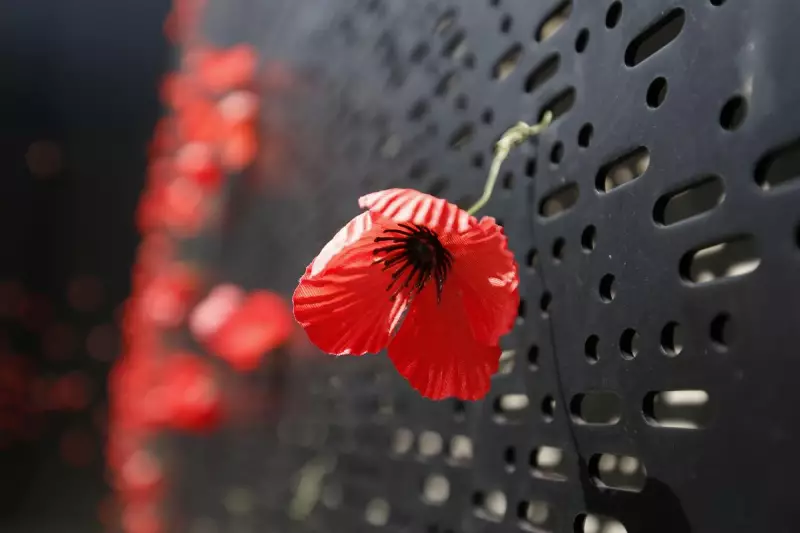
Ahead of Remembrance Day, a poignant appeal is being made to West Australians to join a critical historical mission: to help identify the last 70 Australian World War I Diggers whose remains were discovered in a mass grave in France, lost for more than ninety years.
The Unfinished Mission of Fromelles
The call to action comes as Melbourne amateur historian Lambis Englezos, the driving force behind the discovery of the graves, prepares for a speaking tour in Perth. His relentless efforts were instrumental in locating the mass grave near the French town of Fromelles in 2008, which contained the remains of 250 Australian soldiers missing since the devastating battle of 1916.
Since the discovery, the soldiers have been exhumed and reburied with dignity in the purpose-built Pheasant Wood Cemetery. While 180 of the men have been successfully identified, a solemn group of 70 soldiers still awaits their names, with many believed to have hailed from Western Australia.
Australia's Bloodiest 24 Hours
The Battle of Fromelles on July 19-20, 1916, marked the first major engagement for Australian troops on the Western Front and remains the bloodiest 24-hour period in Australian military history. In a doomed advance across open ground, 5533 Australian soldiers were killed, wounded, or captured.
The tragedy hit Western Australia particularly hard. The 32nd Battalion, which suffered grievous losses, was comprised of around half West Australians. In that single battle, 718 Diggers from WA became casualties.
For decades, many of the fallen were unaccounted for. The initial VC Corner Cemetery was built, but it wasn't until the 2009 excavation prompted by Englezos's research that the five mass graves containing the 250 sets of remains were found. The final soldier was reinterred at Pheasant Wood on July 19, 2010.
A Call to Remember and Restore
Nigel Earnshaw, president of the Returned and Services League Cottesloe sub-branch, is urging local families with any potential links to come forward. He emphasises that while the lost years cannot be restored, the men can be saved from anonymity.
"We can’t restore what these men lost, but we can save them from being forgotten," Mr Earnshaw said. "We can work to see that these men are laid to rest with dignity, and given a headstone that recognises who they were and what happened to them."
Lambis Englezos supports this sentiment, noting that given the composition of the 32nd Battalion, there is a strong likelihood that a significant number of the 70 unidentified soldiers are from WA. He hopes his upcoming visit will galvanise the community and unlock family histories that can finally put names to the fallen.





